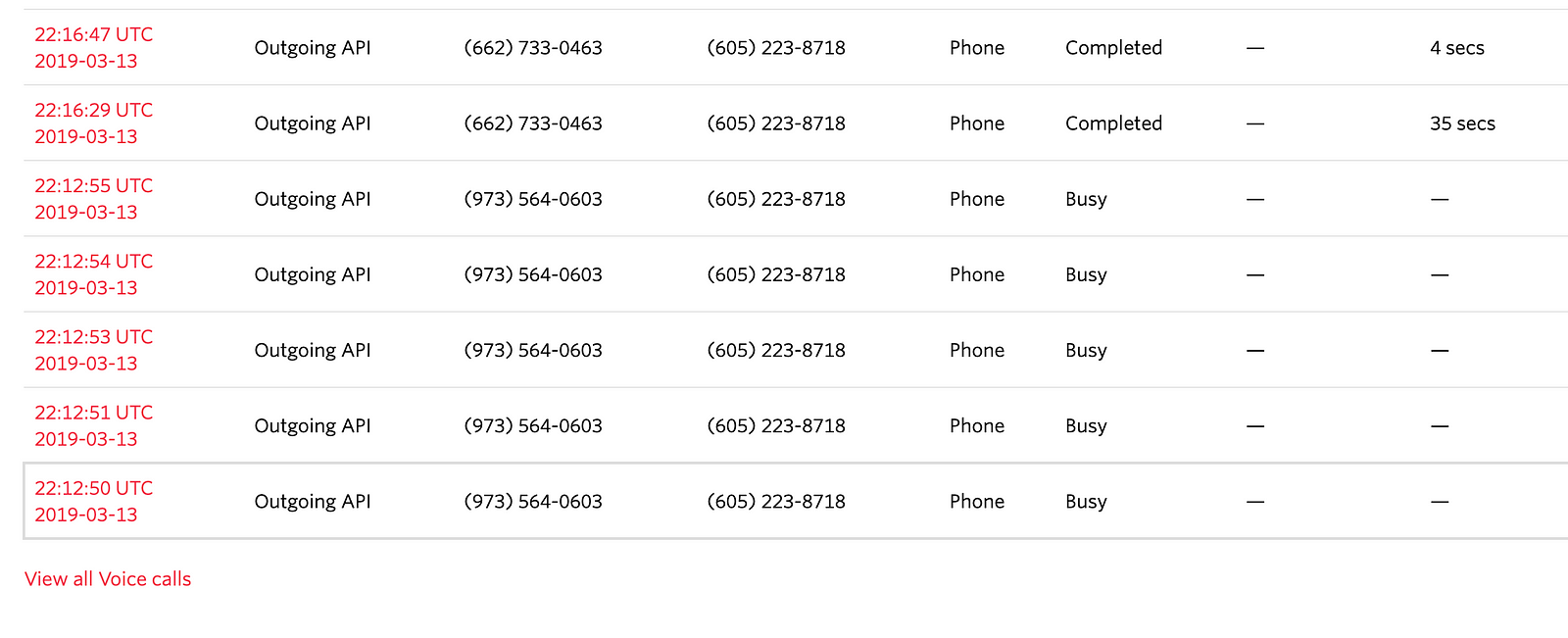Every call I get on my phone is a scam. I haven?t gotten a real call in what seems like years. My mom Facetimes us and my kids text so I know that when a Brooklyn 646 number pops up its someone trying to give me Medicare funded braces or a great line of credit for my fish pornography business, FishPix, which, apparently, their systems now think I run.
But the worst folks are the IRS scammers. Their ploy? which is deeply cynical and cruel ?is designed to frighten people with few resources to give up their cash. The people they call receive a recorded message that threatens you with jail (they usually threaten to send the ?cops?) if you don?t pay your IRS fines. They then ask people to go to to drug stores and send them iTunes gift cards or the like in order to ?pay their fines.? The calls are completely bogus but, as one scammer told me, they often convince suckers to send them thousands of dollars.
?We got one of your people to send me $1,000,? one of them told me last night.
Right.
So last night I decided to send them a little traffic thanks to Python and Twilio. The program I use requires a Twilio account and connects to the Twilio API to make programmatic calls to a number. I created an account and grabbed my API keys:

$ pip install twilio
This includes an SID and token. You?ll need these for the program. You?ll also have to install the Twilio package using pip.
Then you simply call the API in your program, replacing all of the pertinent data in brackets:
from twilio.rest import Client
# Your Account Sid and Auth Token from twilio.com/console
def call_friend(number):
account_sid = '[SID]'
auth_token = '[TOKEN]'
client = Client(account_sid, auth_token)
call = client.calls.create(
url='https://johnbiggsbooks.com/ninjax.xml',
to=number,
from_='[YOUR NUMBER]'
)
print(call.sid)
call_friend("[NUMBER TO CALL]")
You?ll notice this calls a web-based XML file that contains the text of my call. It ?says,? in a female voice, that your call is very important to us. It repeats this again and then plays a classic tune. I?m able to run this program multiple times to make multiple calls.
<Response>
<Say voice="alice">Your call is very important to us. Please hold.</Say>
<Say voice="alice">
This call is being recorded for training purposes. Please hold.
</Say>
<Say voice="alice">This call is very important to us. Please hold.</Say>
<Play>http://demo.twilio.com/docs/classic.mp3</Play>
</Response>
The result?
The process costs a few pennies per call and it seems the scamming team???which in this case consisted of two guys who cursed me out when I told them I was calling them???blocked the number for a few minutes. However, I saw multiple calls go through until they got their wits about them.

I?d love for all of us to do this. If you have the time, please send a few calls the scammers way. Turnabout is fair play and maybe, some day, I?ll get a real call on my phone instead of a robot threatening to sic the cops on me. It would be nice if Twilio offered some sort of scamback service that let you type in a number and send a few calls out for free, but I suspect that?s not part of the company?s business model.



